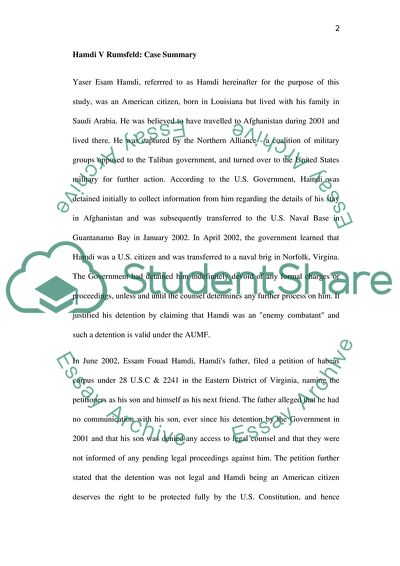Cite this document
(Counter Terrorism Constitutional and Legislative Issues Research Paper - 4, n.d.)
Counter Terrorism Constitutional and Legislative Issues Research Paper - 4. Retrieved from https://studentshare.org/law/1736948-counter-terrorism-constitutional-and-legislative-issues
Counter Terrorism Constitutional and Legislative Issues Research Paper - 4. Retrieved from https://studentshare.org/law/1736948-counter-terrorism-constitutional-and-legislative-issues
(Counter Terrorism Constitutional and Legislative Issues Research Paper - 4)
Counter Terrorism Constitutional and Legislative Issues Research Paper - 4. https://studentshare.org/law/1736948-counter-terrorism-constitutional-and-legislative-issues.
Counter Terrorism Constitutional and Legislative Issues Research Paper - 4. https://studentshare.org/law/1736948-counter-terrorism-constitutional-and-legislative-issues.
“Counter Terrorism Constitutional and Legislative Issues Research Paper - 4”, n.d. https://studentshare.org/law/1736948-counter-terrorism-constitutional-and-legislative-issues.


